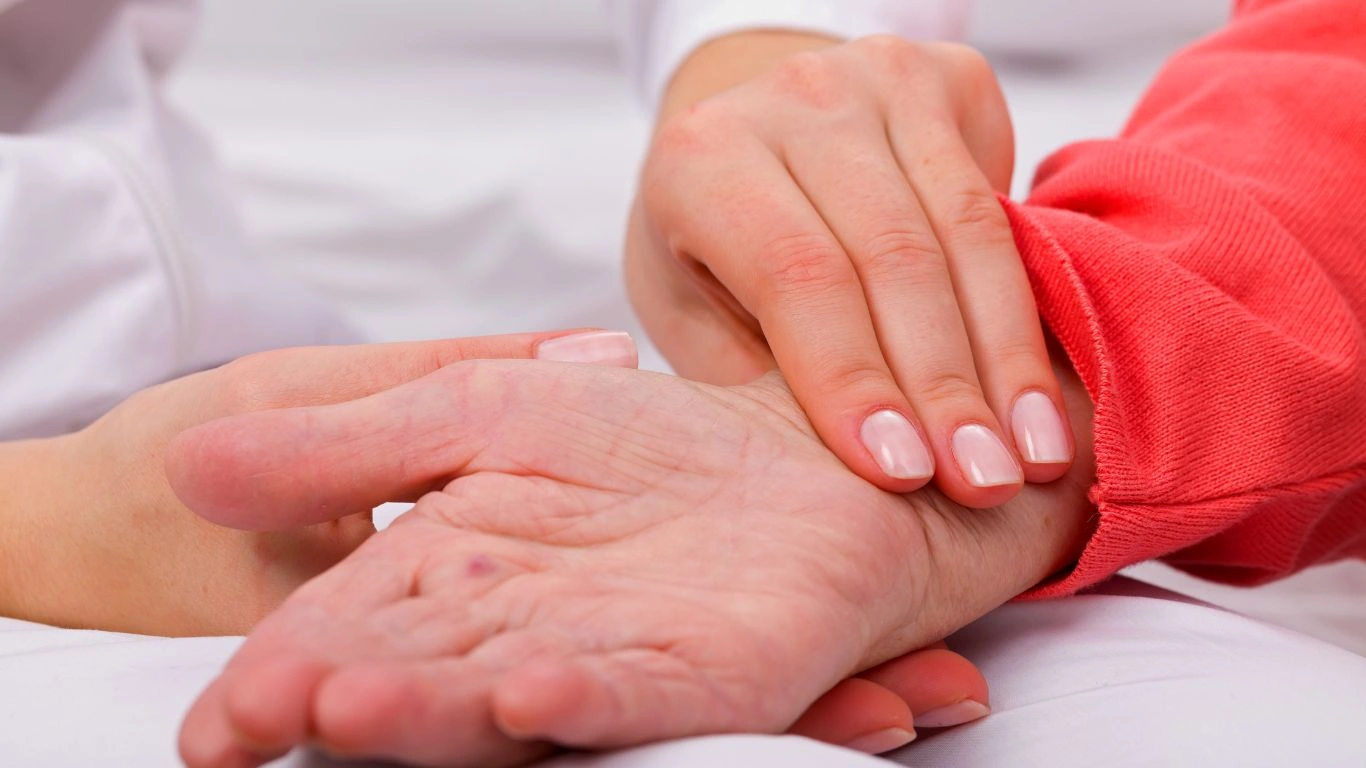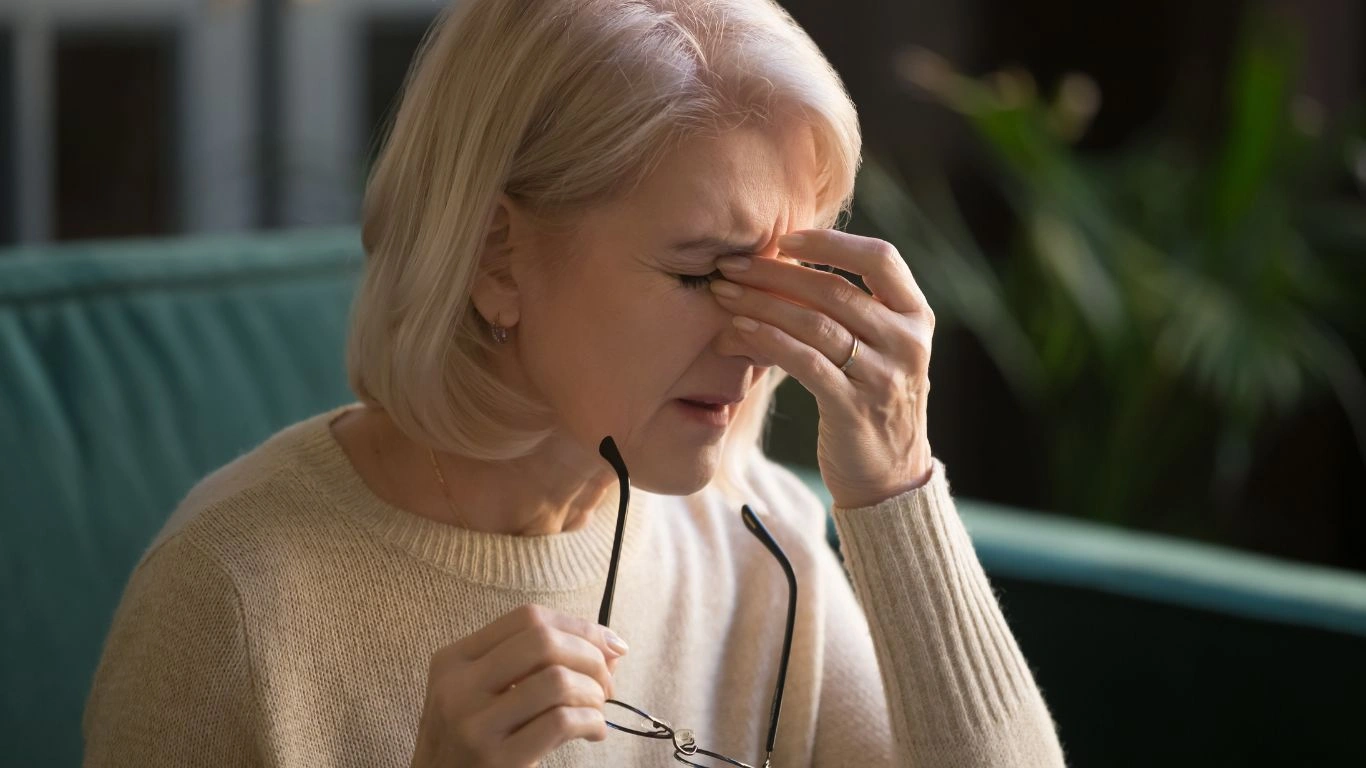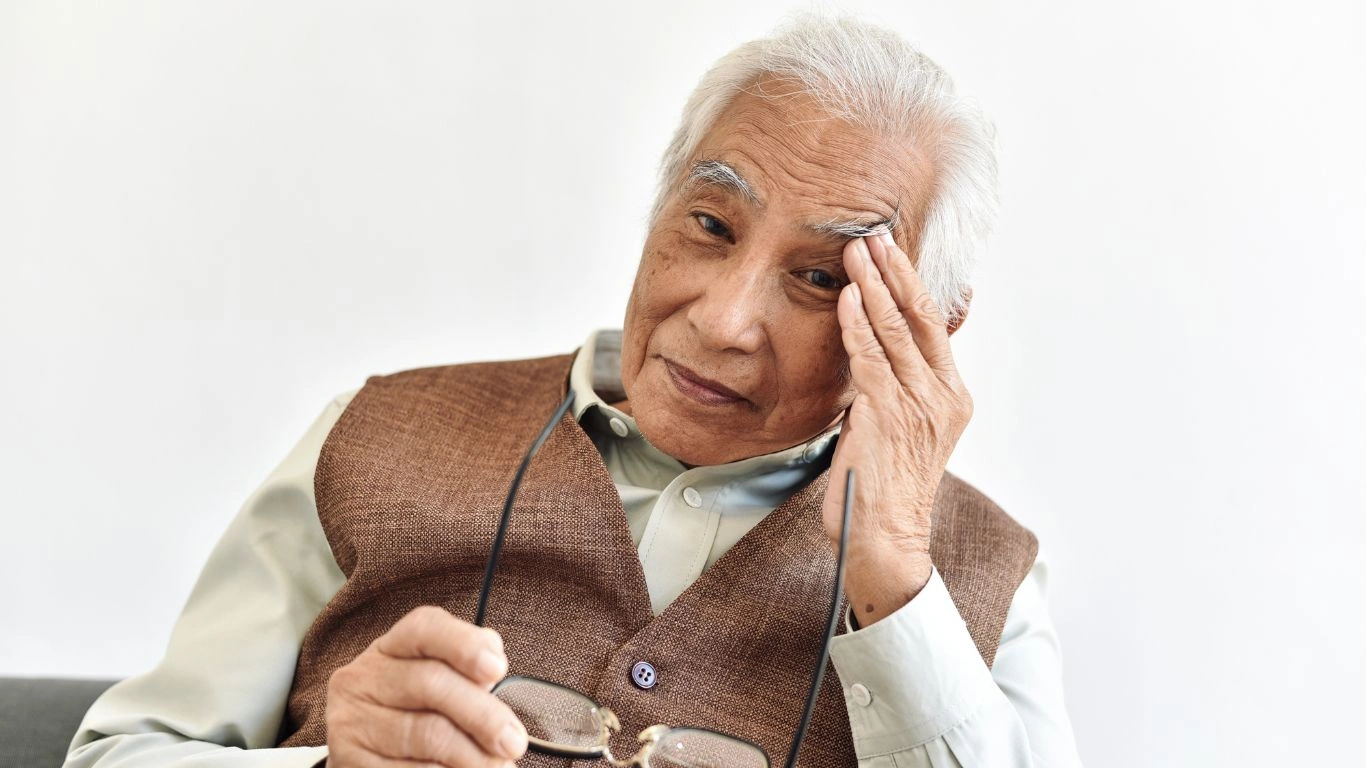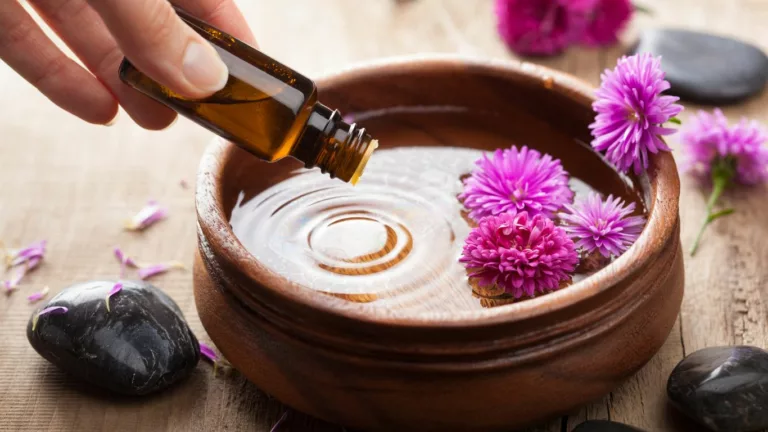How to Manage BP Spikes After Heated Arguments for Better Health
We’ve all been there—an intense conversation gets a little too heated, voices rise, emotions boil over, and before you know it, your heart is racing and you feel that pounding in your chest. As an Internal Medicine physician who’s managed hypertension for years, I’ve seen this countless times. One common question I get from patients is: “Why does my BP spike after heated arguments?” Well, let’s unpack that together. This isn’t just about feelings getting hurt; your blood pressure (BP) reacts in very real and measurable ways during and after emotionally charged interactions.
Why Your Blood Pressure Spikes After Heated Arguments

Here’s the truth: when emotions flare, so does your blood pressure. Your body isn’t just reacting emotionally—it’s physiologically gearing up as if preparing for a fight. This response is rooted in biology, and trust me, it’s not unique to you. I’ve seen marathon runners and yogis alike hit scary numbers on the cuff after a tense family dinner.
The Stress Response: Your Body’s Alarm System
When you’re in the middle of a heated argument, your body activates the sympathetic nervous system—a.k.a. your fight-or-flight mechanism. It floods your bloodstream with stress hormones like adrenaline and cortisol. These hormones cause your heart rate to climb and your blood vessels to constrict, leading to an immediate increase in blood pressure.
- Heart Rate Increases: Your heart pumps faster to prepare your body for quick action.
- Blood Vessels Narrow: Less space in your arteries = higher pressure.
- Stress Hormones Surge: Cortisol can raise BP and keep it elevated longer than you’d expect.
During my hospital rounds, I once had a patient who monitored his BP diligently at home. His numbers were generally well-controlled—until, as he put it, “the in-laws came over.” That day, his BP shot up to 180/110, even though he’d taken his meds. Emotional stress overrides medication sometimes. That’s how powerful it is.
BP Spikes After Heated Arguments: Short-Term vs Long-Term Risk
Now, a quick spike here and there isn’t necessarily dangerous for everyone. If you’re generally healthy, your body can usually recover. But for folks with chronic hypertension or underlying heart conditions, these BP surges can be a big deal. And if the arguments are frequent? That’s where we start seeing longer-term complications.
- Endothelial Damage: Constant BP surges can damage the inner lining of your blood vessels.
- Increased Risk of Stroke or Heart Attack: Sudden BP elevation increases the chance of a vessel rupture or clot formation.
- Medication Resistance: Emotional triggers may cause BP spikes that your usual meds don’t fully control.
I recall a patient who swore by meditation, did everything right—diet, exercise, low salt, even yoga. But every time she had a conflict with her teenage son, her BP would hit dangerous levels. It wasn’t until we started working on emotional regulation strategies that her readings stabilized. That’s when it really clicked: we can’t just treat hypertension with pills. We have to manage what triggers it too.
Recognizing Your Personal BP Triggers

Not everyone reacts the same way. Some people’s blood pressure climbs during an argument. For others, it spikes hours later—after the adrenaline fades and the emotional toll sets in. Pay attention to your body’s cues. When I ask my patients to track their BP readings after high-stress conversations, patterns usually emerge. And recognizing those patterns is the first step toward managing them.
Common Emotional Triggers That Elevate BP
- Arguments with partners or family members
- Workplace confrontations
- Financial stress discussions
- Parenting conflicts (especially with teens!)
- Revisiting past trauma or unresolved issues
If any of these ring a bell, you’re not alone. I’ve personally experienced that BP spike after a long, emotionally-draining day at work, especially when difficult conversations didn’t go the way I hoped. Even as a physician, I’m not immune to the very things I treat daily.
Is It Just Emotions or Something More?

Some patients assume they’re just “too sensitive” or that their BP spikes are an overreaction. But if you’ve noticed repeated elevations following arguments or emotional turmoil, it’s time to take it seriously. The connection between mental stress and physical health isn’t woo-woo—it’s well documented in medical literature and confirmed by lived experience, mine included.
Coming up, we’ll talk about how to defuse those spikes before they happen, and what proactive strategies can help protect your heart in the long run.
How to Defuse BP Spikes After Heated Arguments

Okay, so we know arguments can send our blood pressure soaring. Now let’s talk about how to actually prevent or soften those spikes. Because while we can’t avoid every tough conversation, we can change how our bodies react to them. I’ve walked through this process with so many of my own patients—and honestly, I’ve had to do some of this work myself too.
One of the most powerful things you can do is create a pause. Sounds simple, right? But when tensions rise, pausing is the last thing your brain wants. It wants to fire back. Still, if you can insert a few seconds of space between reaction and response, you give your nervous system time to chill out before it goes into full alarm mode.
Techniques That Actually Work
- Box Breathing: Inhale for 4 seconds, hold for 4, exhale for 4, hold again for 4. Repeat. Great for calming your nervous system fast.
- Grounding: Look around and name 5 things you see, 4 you feel, 3 you hear, 2 you smell, 1 you taste. Gets you out of your head.
- Movement: A quick walk—even just pacing—can release pent-up energy and lower cortisol.
- Safe Words: This one’s underrated. My partner and I have a word we say when things get heated. It means “pause now, talk later.” Works wonders.
I’ve even had patients make their blood pressure cuff part of their de-escalation routine. One woman told me she uses it as a visual cue—not to measure, but to remind herself, “This isn’t worth the spike.”
When Emotional Triggers Become a Pattern

If you’re seeing a consistent pattern—like every time you argue with your boss or every time a particular topic comes up—your body might be stuck in what I call a “reactive loop.” That’s when your nervous system starts prepping for battle even before the fight begins. It’s exhausting, and it definitely shows up in your BP readings.
This is where we go beyond just managing the spikes. We start looking at long-term strategies to reduce overall reactivity. I usually tell my patients to think of their nervous system like a muscle—it can be trained. The more you practice regulating emotions and responding instead of reacting, the easier it gets. And your blood pressure? It starts reflecting that work.
Helpful Habits That Rewire Your Response
- Daily Mindfulness: Even 5 minutes a day lowers baseline cortisol and improves heart rate variability.
- Journaling After Arguments: Write out what happened, how it made you feel, and what you wish you’d done differently. It’s powerful self-feedback.
- Therapy or Coaching: Especially when arguments are tied to deeper stuff—past trauma, childhood patterns, chronic resentment. Getting support can shift everything.
- Sleep Hygiene: Poor sleep increases emotional reactivity and makes BP more volatile. Protect it like gold.
I remember working with a patient who used to spike every Monday after team meetings. We eventually realized it was anticipatory anxiety about conflict—not even the actual conflict itself. Just the thought of it was enough to trigger a rise. Once we started addressing the anxiety directly with therapy and breathing exercises, her readings improved significantly—without changing her meds.
How Medication Fits Into This Picture

This is a question I get almost every week in clinic: “If I’m taking BP medication, why does my pressure still go up after arguments?” The short answer is—because meds aren’t a shield against emotions. They help lower your baseline BP, yes, but they don’t block the hormonal surge that happens in emotionally charged moments.
Here’s how I usually explain it: Medications are foundational, not foolproof. Think of them as a safety net, not an emotional buffer. That’s why pairing meds with lifestyle and emotional management is so important. It’s not either/or—it’s both.
When to Reassess Your Medication Plan
- Your BP stays elevated for hours after stress episodes
- You’re waking up with high readings despite otherwise healthy habits
- You feel dizzy, faint, or overly fatigued (could be overtreatment)
- Your medication hasn’t changed, but your life stress has increased dramatically
If any of that sounds familiar, it might be time for a medication review. I usually encourage my patients to track BP readings after emotionally intense days for a week or two. It helps me see patterns—and adjust treatment if needed.
And one more thing I always stress: don’t ever feel ashamed about emotional triggers affecting your health. You’re human. Emotions are part of life. Learning how to manage them—just like managing your diet or exercise—is a skill set. And honestly? It’s one of the most valuable things you can do for your heart.
Building Emotional Resilience for Better Blood Pressure Control

One of the most important lessons I’ve learned from years of managing patients with hypertension is that emotional health and blood pressure are deeply connected. It’s not just about avoiding arguments or stressful situations (which, let’s be honest, isn’t always possible). It’s about building emotional resilience—strengthening your ability to bounce back when those heated moments happen.
Emotional resilience is like a muscle: the more you work on it, the stronger it gets. In my clinical experience, those patients who actively develop coping skills tend to have more stable blood pressure readings over time, even when life throws curveballs their way.
How to Cultivate Emotional Resilience
- Practice Self-Compassion: Instead of beating yourself up after a tough argument, try to be gentle. Remind yourself that everyone struggles with emotional moments.
- Set Boundaries: Know your limits. Sometimes the healthiest choice is stepping away from a conversation that’s escalating.
- Develop a Support System: Whether it’s friends, family, or a therapist, having people who listen without judgment makes a huge difference.
- Engage in Relaxing Activities: Hobbies, nature walks, or anything that helps you recharge mentally and physically.
One patient told me that her weekly painting class became her emotional “reset button.” She noticed after a few months that not only did she feel less reactive during stressful conversations, but her BP readings were more consistent. Small lifestyle shifts like these can be game-changers.
Understanding the Role of Lifestyle in Managing BP Spikes

As much as emotional regulation is key, lifestyle habits play a massive supporting role. From my years in Internal Medicine focusing on hypertension, I’ve found that the people who thrive are those who combine medication, emotional strategies, and solid lifestyle foundations.
Key Lifestyle Factors to Keep Your BP in Check
- Nutrition: A diet rich in whole foods, low sodium, and high potassium helps keep blood vessels healthy and more elastic.
- Regular Exercise: Physical activity not only lowers baseline BP but also improves mood and reduces stress hormones.
- Sleep Quality: Adequate, restorative sleep helps regulate your autonomic nervous system, preventing exaggerated BP responses.
- Avoid Excessive Alcohol & Smoking: Both can worsen blood pressure control and increase your risk of cardiovascular events.
Here’s a quick story: a patient of mine who was struggling with frequent BP spikes also had a habit of binge-watching stressful news before bed. We switched his routine to light reading and gentle stretching instead, and his nighttime BP readings stabilized remarkably. It might sound small, but these little tweaks add up.
Monitoring and When to Seek Help
Tracking your blood pressure at home can be empowering—especially if you know what to look for and when to reach out for help. In my practice, I encourage patients to keep a simple log of their readings, noting the context, like stressful events or arguments. This helps identify trends and tailor management plans.
If you notice your BP stays elevated hours or even days after an emotional event, or if you’re feeling symptoms like headaches, dizziness, or chest discomfort, please consult your healthcare provider promptly. Early intervention can prevent complications and guide you toward additional support, whether it’s medication adjustments or therapy.
References
Disclaimer
This article is intended for informational purposes only and does not replace professional medical advice, diagnosis, or treatment. Always consult with your healthcare provider regarding any questions about your health or blood pressure management. Individual results may vary, and the information shared here reflects clinical experience and current medical understanding as of 2025.

Dr. Gwenna Aazee is a board-certified Internal Medicine Physician with a special focus on hypertension management, chronic disease prevention, and patient education. With years of experience in both clinical practice and medical writing, she’s passionate about turning evidence-based medicine into accessible, actionable advice. Through her work at Healthusias.com, Dr. Aazee empowers readers to take charge of their health with confidence and clarity. Off the clock, she enjoys deep dives into nutrition research, long walks with her rescue pup, and simplifying medical jargon one article at a time.







